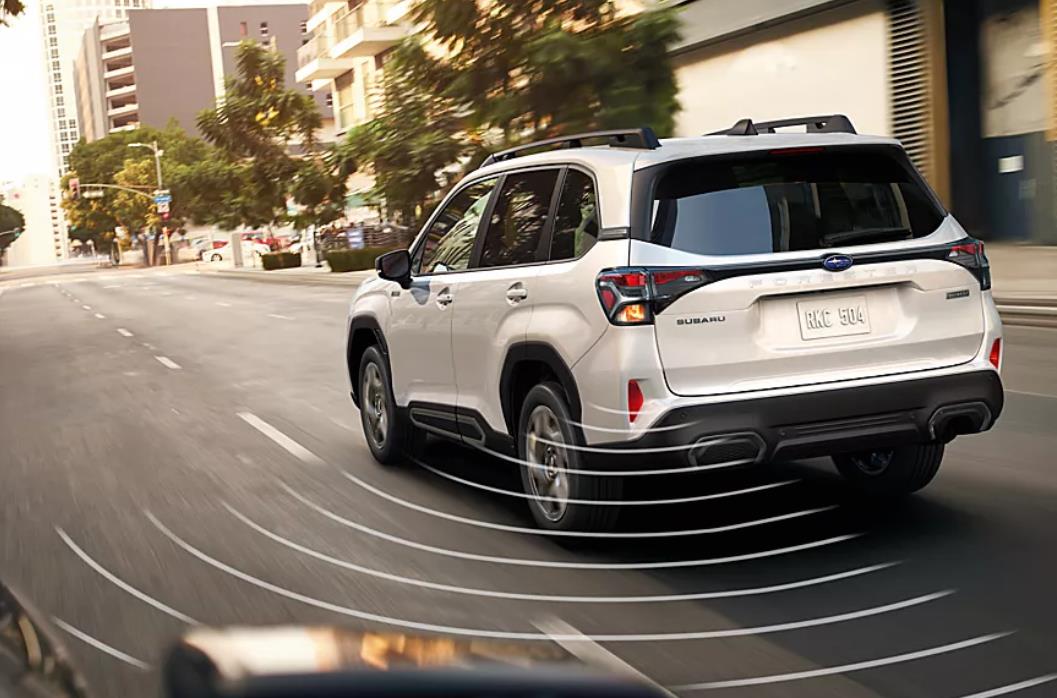According to foreign media reports, a recent trade agreement between Japan and the United States is expected to reduce the tariff burden on Japan's seven major automakers by 1.6 trillion yen (approximately $10.9 billion). Although the current 15% tariff has decreased from 27.5% earlier this year, it remains significantly higher than the 2.5% rate that Japanese automakers enjoyed before President Trump imposed new tariffs. In April of this year, the Trump administration raised tariffs on Japanese car imports to the US from a base rate of 2.5% to 27.5%. According to the Japan Automobile Manufacturers Association, Japan's car exports to the US are expected to reach 1.37 million units in 2024, accounting for over 30% of the country’s total car exports. The Japanese Ministry of Finance reported that Japan's total exports to the US for 2024 will be 21 trillion yen, with automobiles and parts contributing over 7.2 trillion yen, about one-third of the total. The previous 27.5% tariff had raised concerns about significant damage to Japan's automotive industry, but this agreement has alleviated some of those worries. Goldman Sachs analyst Kota Yuzawa stated in a report that the overall negative impact of tariffs on Japan's seven major automakers is expected to decrease from 3.47 trillion yen to 1.89 trillion yen. Currently, it is anticipated that the decline in operating profits for Japanese automakers this fiscal year will be 25%, rather than the previously estimated 47%. Goldman Sachs' latest analysis indicates that the impact of tariffs on Toyota is expected to decrease from 1.6 trillion yen to 872 billion yen; Honda's tariff-related costs will fall from 560 billion yen to 305 billion yen; and Nissan's negative impact will drop from 470 billion yen to 256 billion yen. Companies like Subaru and Mazda, which have a high percentage of exports to the US, are expected to avoid the most severe tariff impacts. Subaru exports 70% of its vehicles to the US, with about half imported from Japan. Analysts had previously worried that if the original tariff rate remained, Subaru's operating profits could decrease by 360 billion yen, which would mean most of its profits would vanish. To mitigate the tariff impact, Japanese automakers have begun restructuring their supply chains. Honda has decided to shift the production of its Civic hybrid cars sold in the US from Japan to the US. Mitsubishi Motors, which does not have a factory in the US, has decided to have Nissan produce cars for it. However, Koji Endo, chief analyst at SBI Securities, stated that the likelihood of Japanese automakers moving production to the US has decreased due to high labor and factory construction costs. Many experts believe that even with a 15% tariff, exporting cars from Japan to the US market remains feasible, leading some US automakers to oppose the trade agreement. According to Reuters, Matt Blunt, chairman of the US Auto Policy Council, which represents major US automakers like General Motors, said, 'Any agreement that imposes lower tariffs on Japanese imported cars, which contain almost no American parts, compared to North American vehicles that contain a substantial amount of American parts, is a terrible deal for American industry and American autoworkers.' Despite the new 15% tariff rate being significantly higher than the 2.5% rate that Japanese automakers enjoyed before April, industry analysis suggests that this level is still within the tolerable range for automakers. Koji Endo noted that Japanese automakers may absorb most of the tariff impact through price increases and cost reductions. In July, Toyota raised the average price of its Toyota brand cars in the US by $270. Subaru also increased prices. Endo believes that automakers will gradually raise prices before spring next year, with some increases possibly coinciding with the launch of new models. However, price increases also carry risks. Ongoing inflation in the US could further reduce car sales. Japanese cars are primarily mainstream models in the US market, and their sales are sensitive to changes in consumer confidence—when consumer expectations weaken, Japanese cars often face the first drop in sales. To enhance their competitiveness in the US market without relying on price increases, Japanese automakers may need to reassess their supply chains and strengthen local production. Takaki Nakanishi, chief analyst at Nakanishi Research Institute, stated, 'Once tariffs are imposed, the next US administration is unlikely to lower them, and I believe these tariffs will become permanent. Companies will need to endure reduced profits and establish an optimized localized production system.' A source at Toyota indicated, 'If high tariffs become the norm, we may need to consider how to respond, and any adjustments to the production system will take into account tariff rates in other countries.' A source at Subaru also stated, 'High tariffs will persist, and the business environment remains severe. We have no choice but to strive to improve production efficiency.' Although tariffs on auto parts will also be reduced to 15%, the impact on Japan's auto parts companies will be significant, as many of these companies are small and medium-sized enterprises that find it difficult to pass on costs to automakers.
Japan and US Trade Agreement to Alleviate Tariff Burden on Automakers

Images

Share this post on: